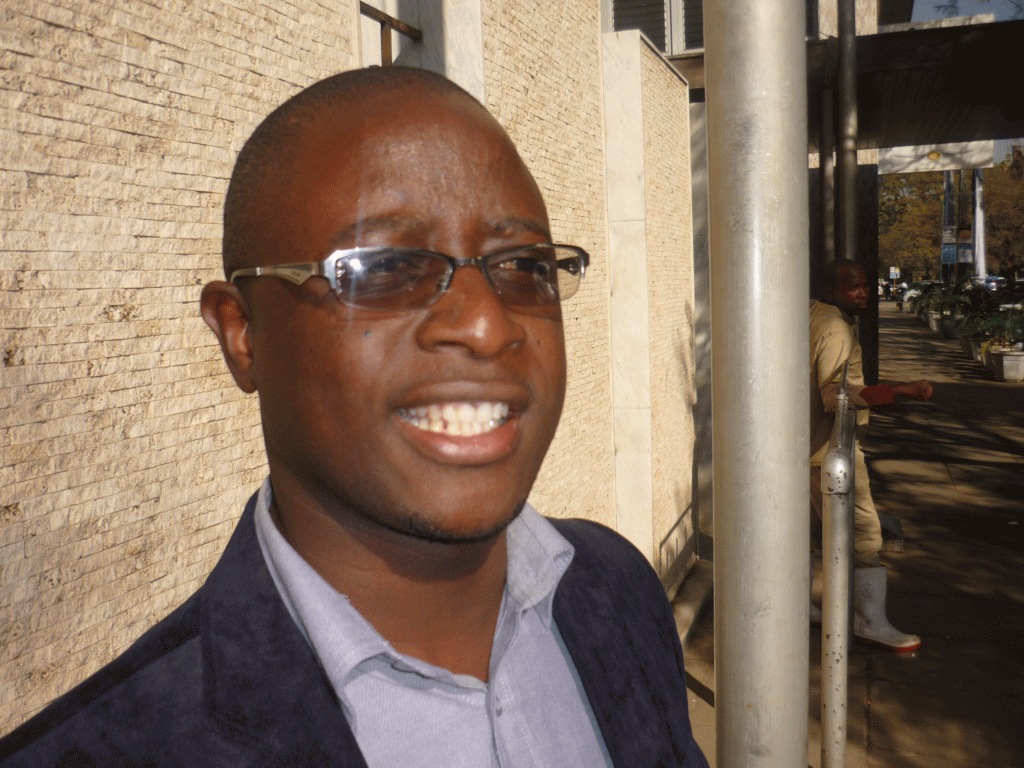
A recent survey which revealed that Zimbabweans remain deeply concerned about political violence, has cast further doubt on the country’s readiness to hold elections before the implementation of credible reforms, analysts have said.
REPORT BY PATRICE MAKOVA The survey, conducted by Afrobarometer, revealed that 63% of Zimbabweans feared becoming victims of political intimidation or violence during election campaigns and were also worried about lack of freedom of expression.
Afrobarometer is an independent research project that measures the social, political, and economic atmosphere in Africa.
The results of the survey come in the wake of the Supreme Court order to President Robert Mugabe to proclaim dates for the holding of by-elections by August 30, a deadline which has since been extended by consent to October 1.
Mugabe is reportedly likely to push for an early general election instead of holding by-elections in the 38 vacant constituencies.
Election Resources Centre (ERC) director, Tawanda Chimhini said there was a need to ensure that electoral reforms were urgently attained before any poll to ensure voting in a free and fair political environment.
He said if by-elections were to be held in the 38 vacant seats; over one million registered voters would be affected, turning the process into a mini-general election.
“Without security guarantees, it is possible that violence may erupt and further strengthen communities’ resolve not to participate in electoral processes ahead of the next general election,” said Chimhini.
- Australia floods worsen as thousands more flee Sydney homes
- ED heads for Marange
- ‘Zimbos dreading 2023 elections’
- Zim headed for a political dead heat in 2023
Keep Reading
He said if the by-elections were to be conducted in a peaceful and relatively transparent environment, this would give the impression that the country was indeed ready for elections, thus fast-tracking the road to the next election with limited reforms.
“Such a false sense of security may be adequate to reinforce Zanu PF’s call for an early election,” said Chimhini.
He said a number of administrative challenges still existed, including a voters’ roll which was still in a shambles.
“The current electoral law prescribes that by-elections will be conducted on the basis of the voters’ roll as of the day the vacancy was declared,” he said. “In the absence of transparency around the voters’ roll, and the alleged shambolic state of the roll, it would be unfavourable to get into the by-elections before an audit.”
Chimhini said levels of political intolerance remained very high with incidences of violence being reported across the country, with most of the by-elections failing in politically volatile constituencies.
But on the positive side, the ERC said by-elections could present an opportunity to observe the capacity of the newly set-up Zimbabwe Electoral Commission to administer the election process.
“Participating in the by-elections would also be strategic as it reinforces the respect for the rule of law,” said the ERC. “As already stated, these elections are as a result of a court ruling and as such: if political parties are committed to the upholding of the rule of law then they should comply.”
The holding of by-elections would also provide an insight into the potential Matabeleland vote given the emerging Freedom House and Mass Public Opinion Institute (Mpoi) poll results on the public perception of the major political parties, the ERC said.Political analyst, Gift Mambipiri said the Afrobarometer survey showed that holding elections without the mandatory electoral and political reforms would be disastrous for the country.
He said there had been minimal attempts at introducing non-violent approaches to elections, save for “words here and there” from the Global Political Agreement (GPA) principals which were not followed by any action.
“Expecting a different result from the same conditions that bred us June 27 (2008) Presidential election runoff is naïve,” said Mambipiri. “The institutions and key perpetrators of June 27 are still around. With some of them having been rewarded handsomely after the last elections, they would want to do more now knowing they are immune to any punishment. I was in Masvingo recently at a rural mission where the fear among people at the mention of elections was palpable.”
University of Zimbabwe political science lecturer, Professor John Makumbe said elections characterised by violence would be disputed.
He said if violence erupted in the run-up to elections, there was also a strong possibility that the MDC-T would pull out like what Prime Minister Morgan Tsvangirai did in June, 2008.
“Sadc will reject the results and this will unfortunately set the nation for a GPA 2, meaning another three or so years of stagnation,” said Makumbe.
He said the only way to level the playing field was to complete the constitution-making process and implement the agreed election roadmap and other reforms, such as those to do with media and the security sector.









